The Schedule for the British Presence in Iraq
A lot of important events took place during the 19th century in Iraq between the Iraqi government and the British empire.
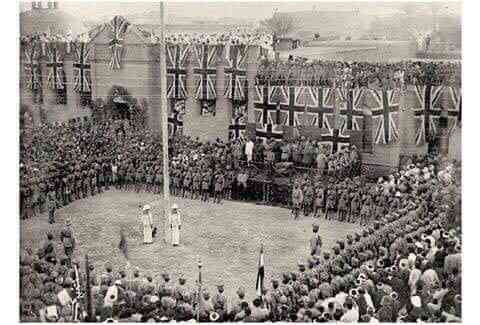
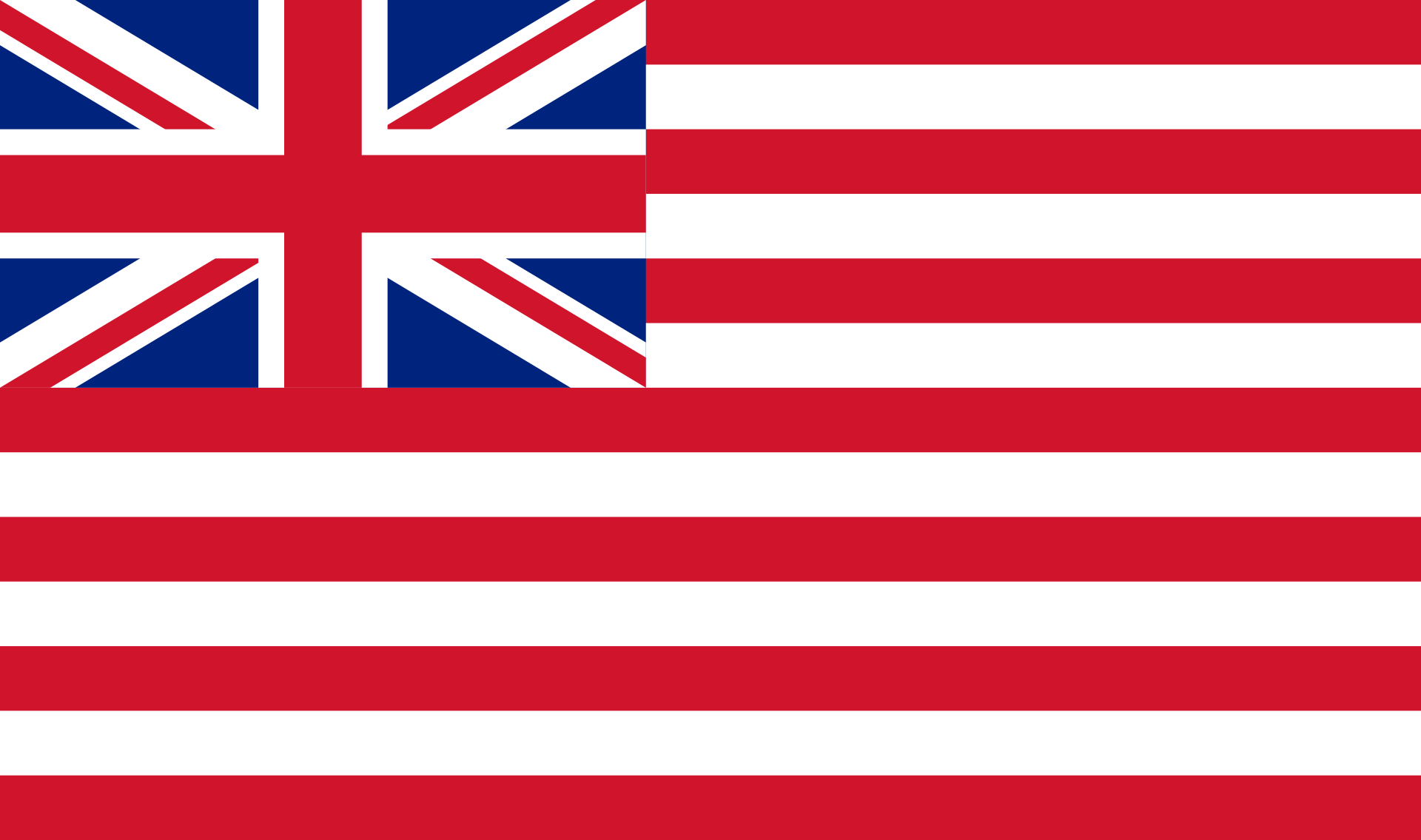
- 1763: The first East India English Company was established in Basra.
- 1798: The appointment of a British agent in Baghdad.
- 1802: British open consulate in Baghdad.
- 1836: British ships appear on Iraqi rivers.
- 1858: Tabu land reforms.
Tapu (also Tabu) was a permanent lease of state-owned arable land to a peasant family in the Ottoman Empire. In return, he pledged to cultivate the area continuously and to meet a series of fiscal requirements and obligations to fulfill specific services to the state.
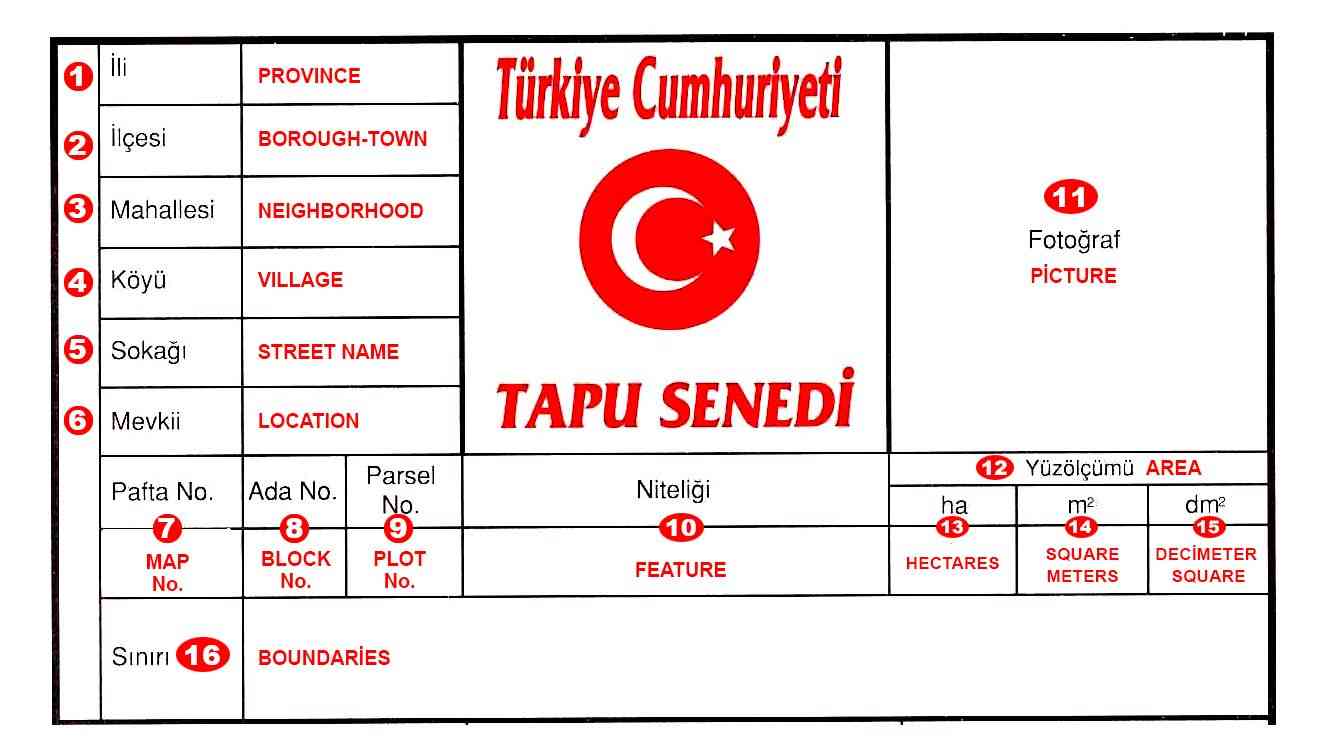
- 1861: The British put the telegraph.
- 1869: reforms of the Ottoman organizations.
The Ottomans were worried about an escalating intervention of the European powers in Ottoman affairs, another reason for the reforms. After the Crimean War, caused by Russia's incursion into the Ottoman Empire in the 1850s, Ottoman leaders tried to avoid a repeat.
1899 AD The Germans built a railway from Konya to Baghdad.

- 1902 The Germans extend the railroads to Basra.
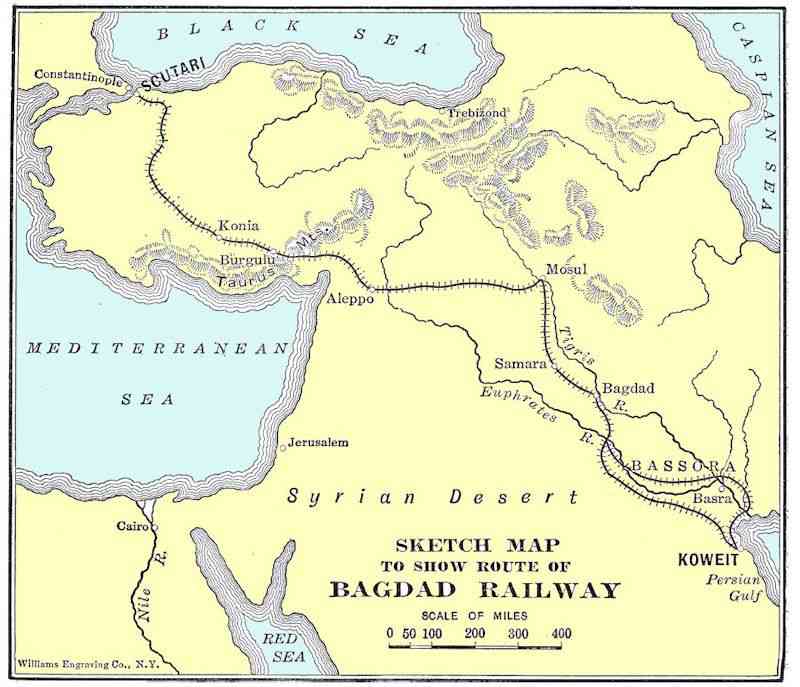
- 1908 Reforms of Turkey's canal.
- 1912 Turkish Petroleum Corporation (TPC) established.

- 1914 Anglo-Persian Oil Company purchases 50% of TPC.
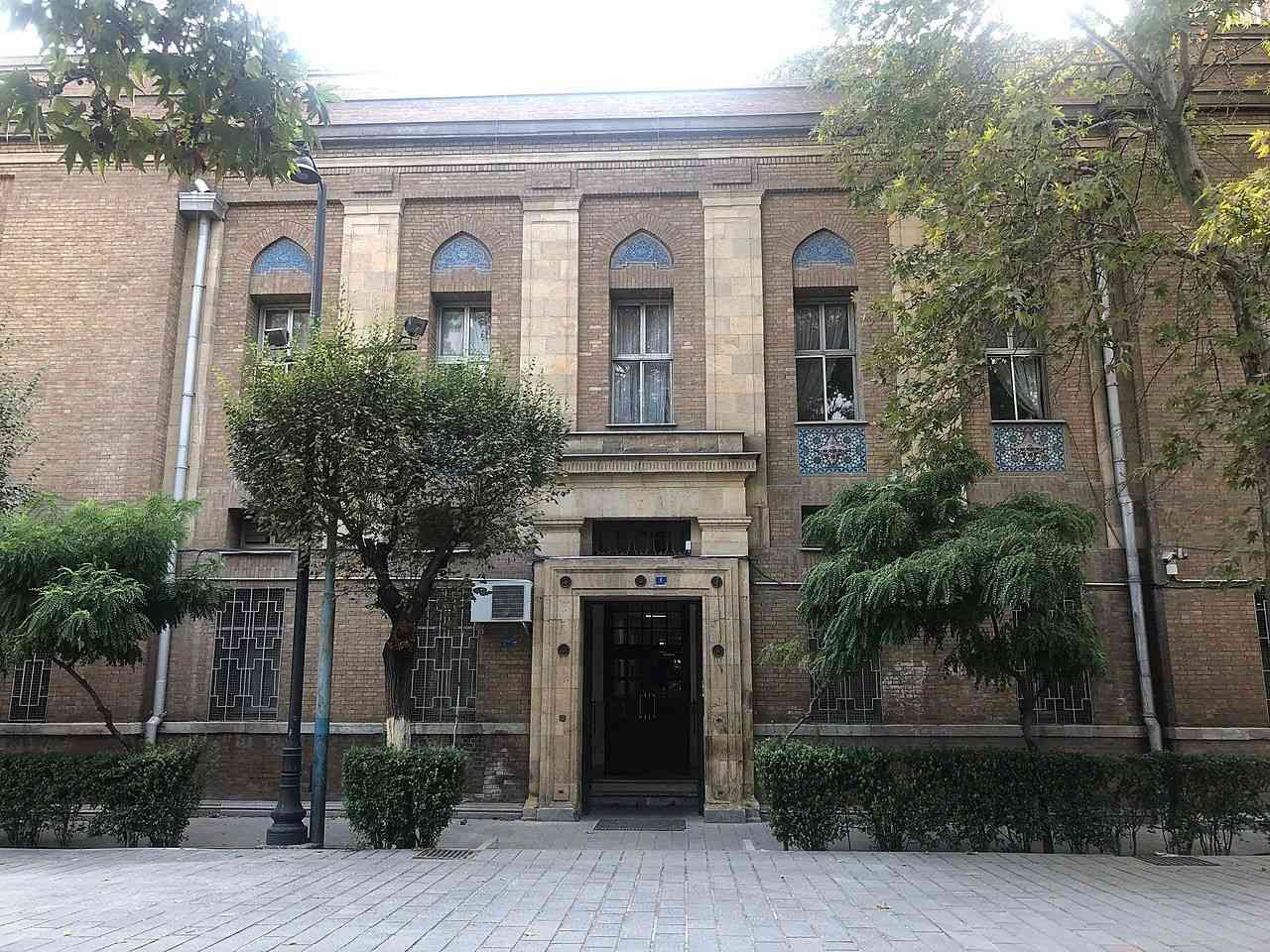
- 1914 World War I: The capture of Basra.
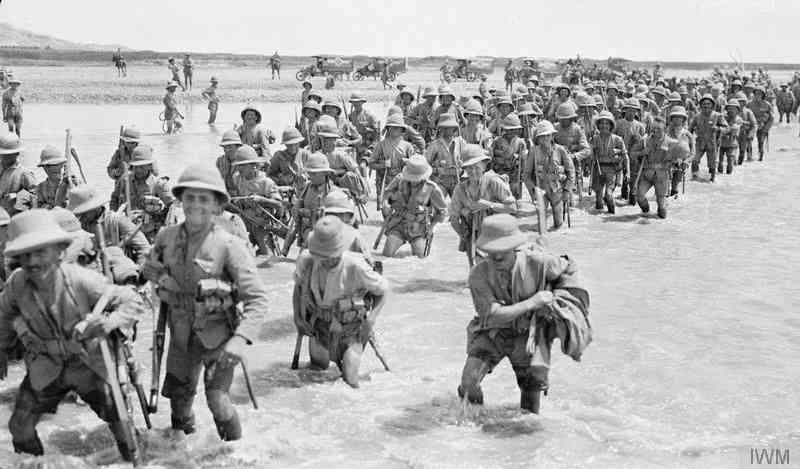
- 1915 British attempt to control Baghdad.
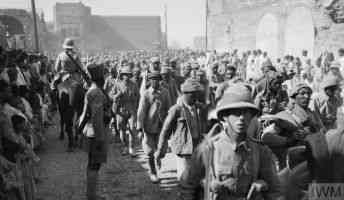

- 1916 The Ottomans besieged Kut and captured the British.
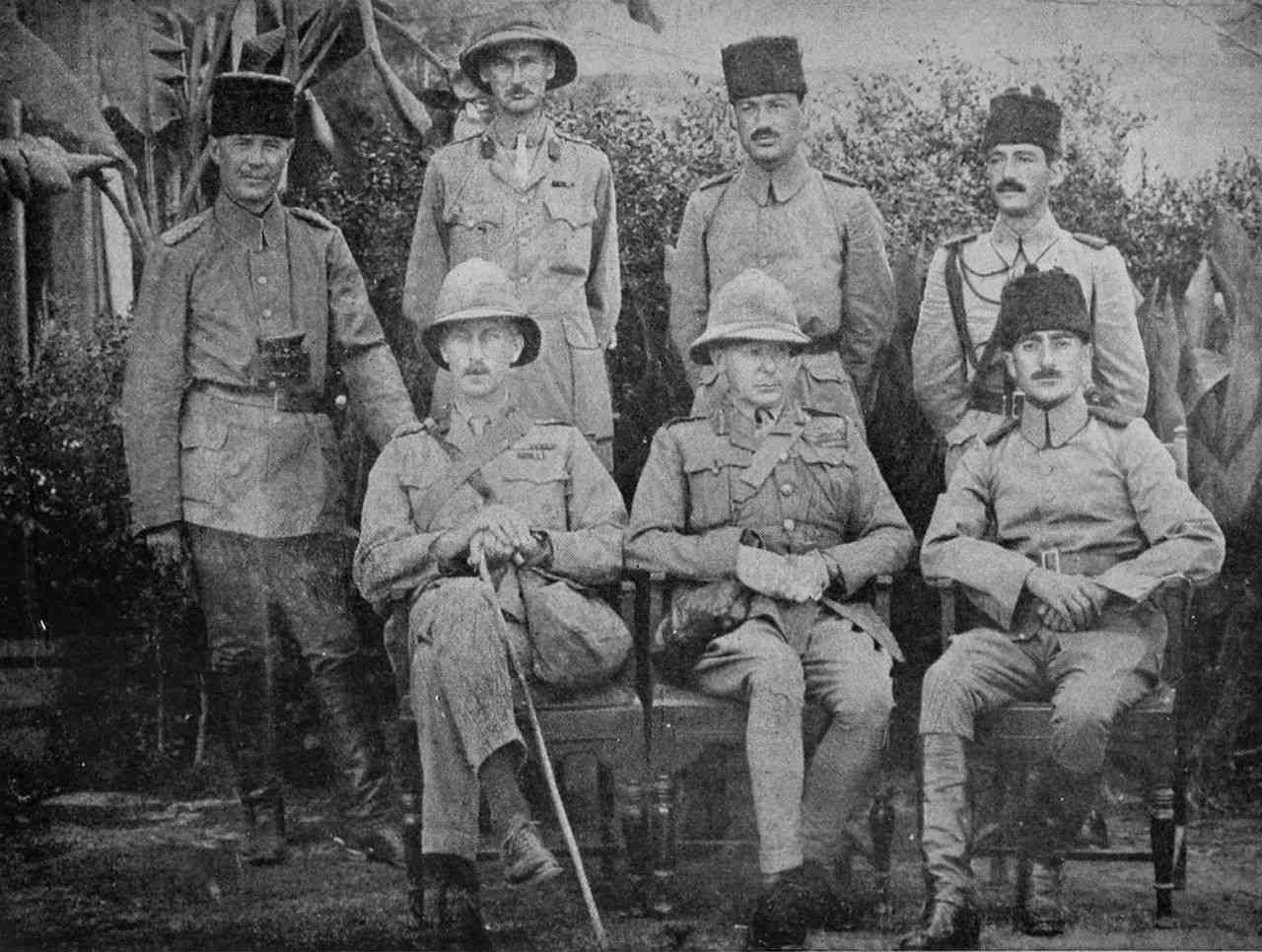
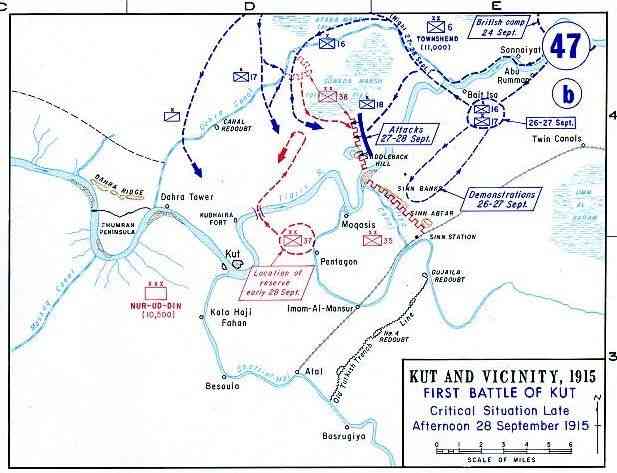
- 1917 The British captured Baghdad.
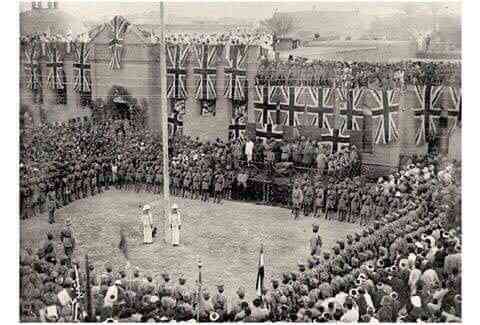
- 1918 The British took control of Mosul.
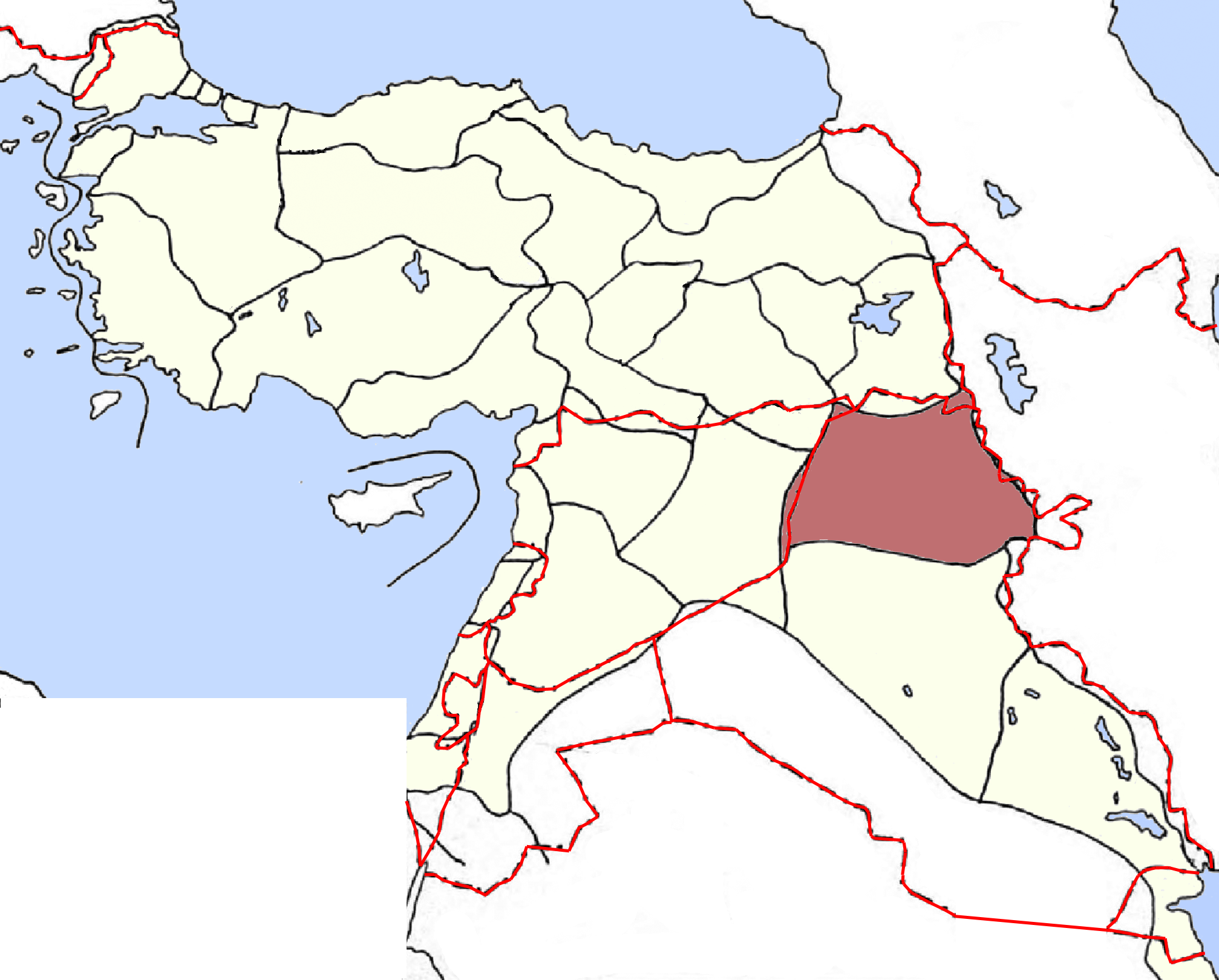
1919 Iraq, under the League of Nations, becomes Mandate Territory under British administration.
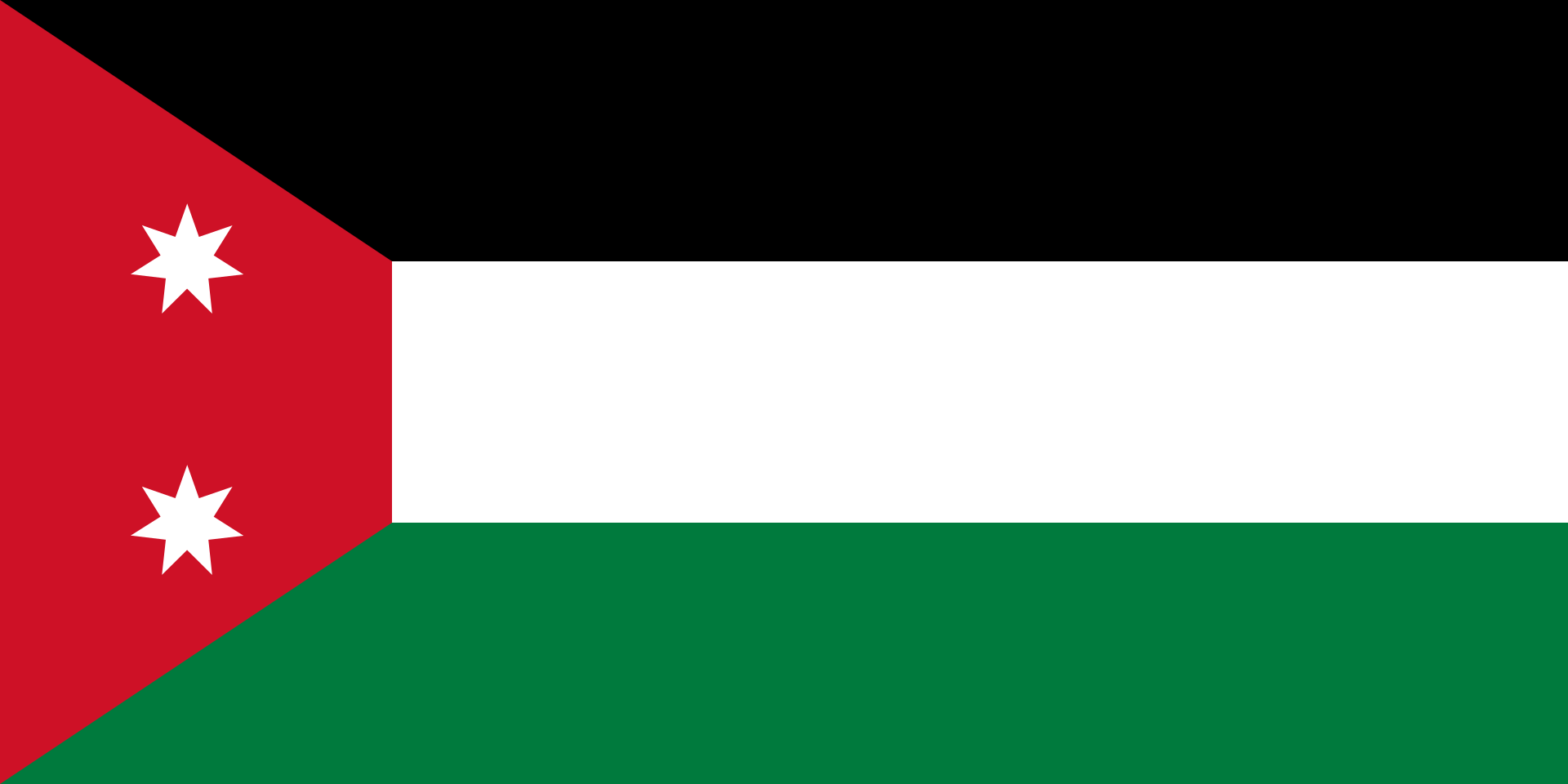
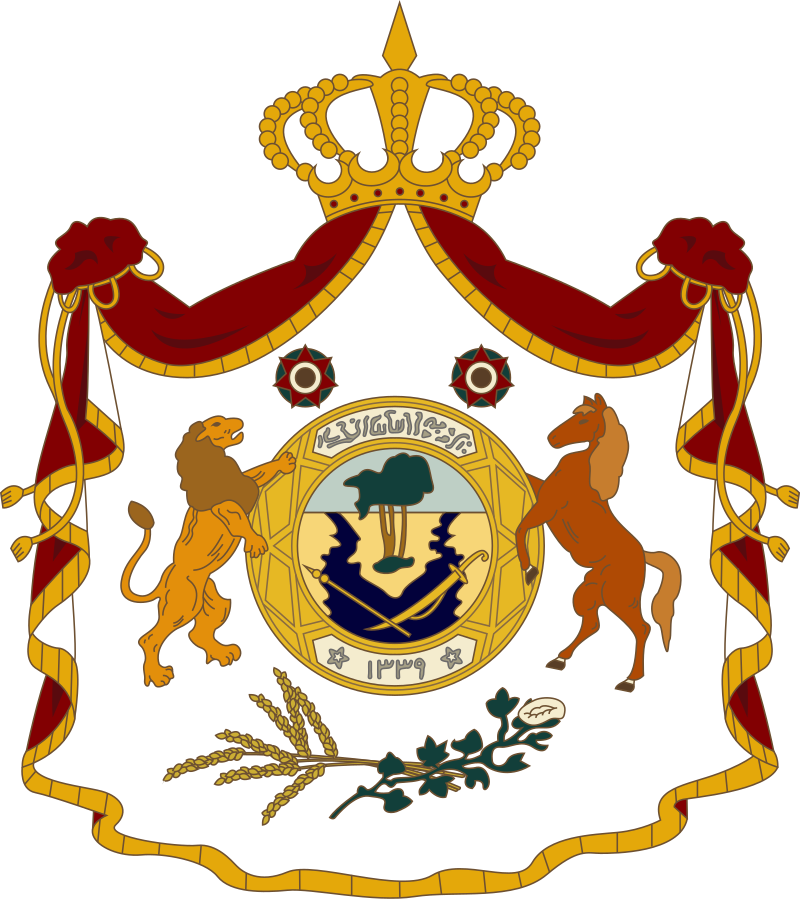
- The assassination of a British officer - leads to arrests by the British - and leads to strikes and demonstrations by Iraqi patriots.
- 1920 open revolt against the British.
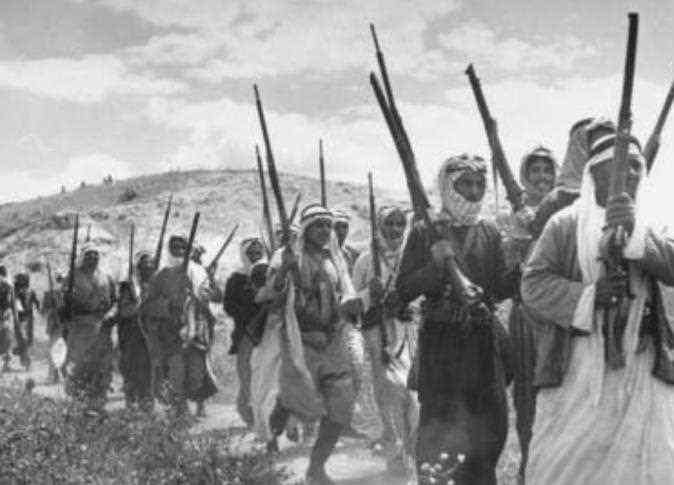
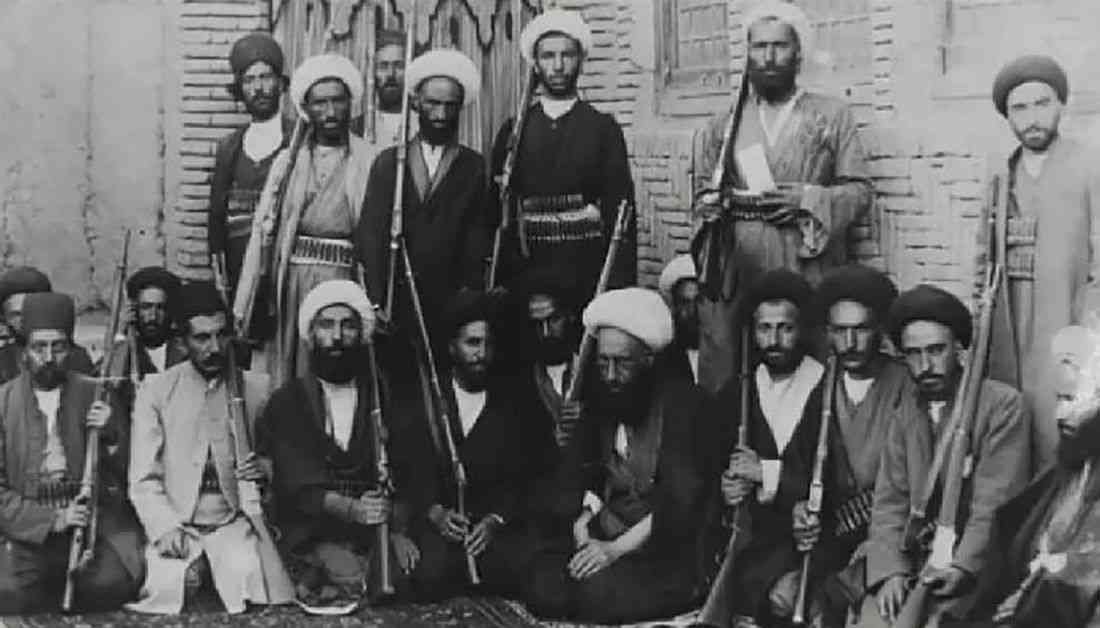
- 1921 Cairo conference.
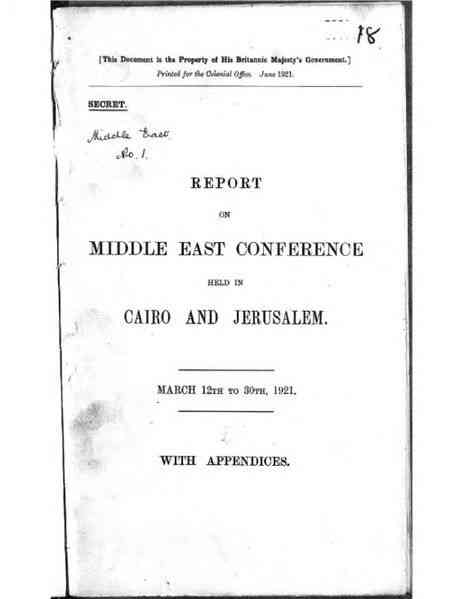
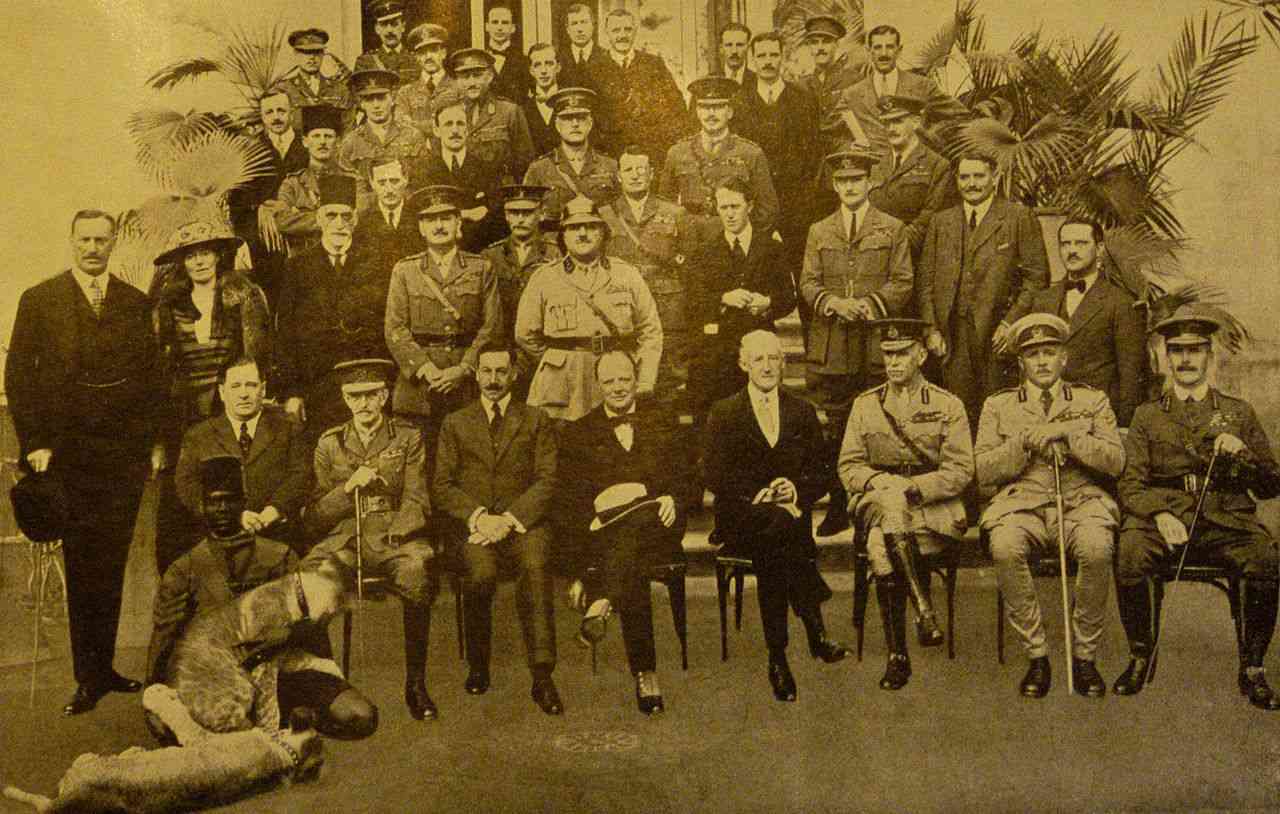
- 1922 A referendum confirming Faisal as king.
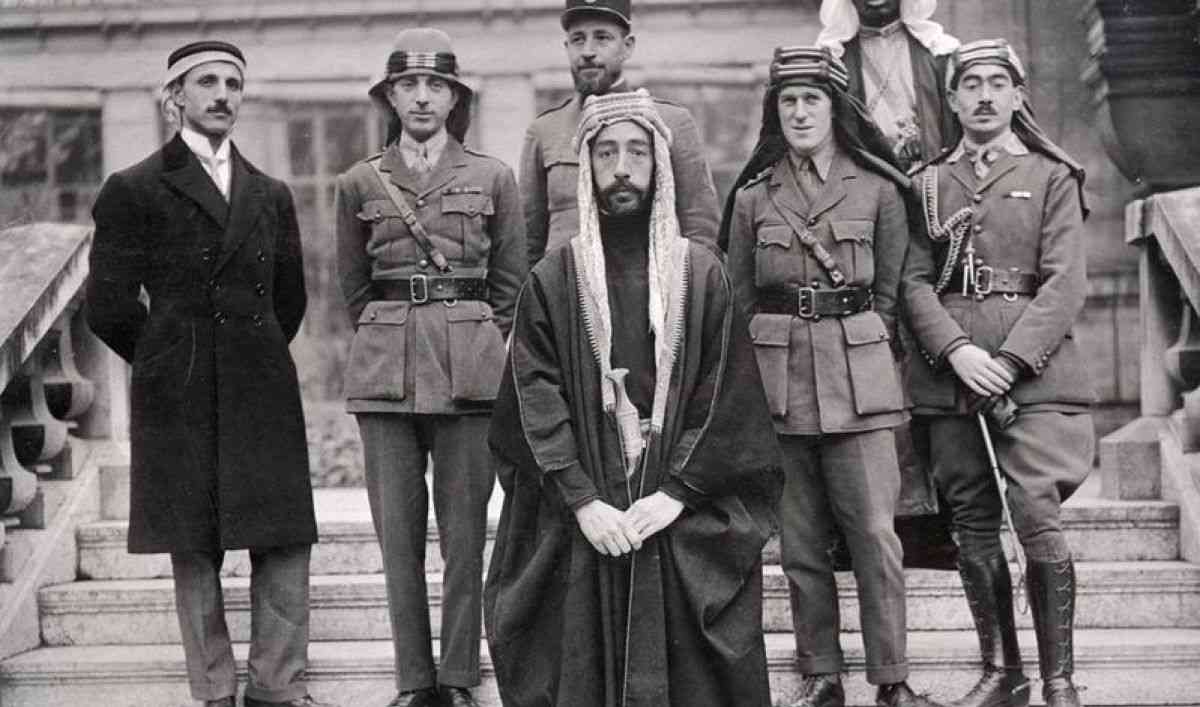
- Britain imposes the constitution and the alliance on Iraq.
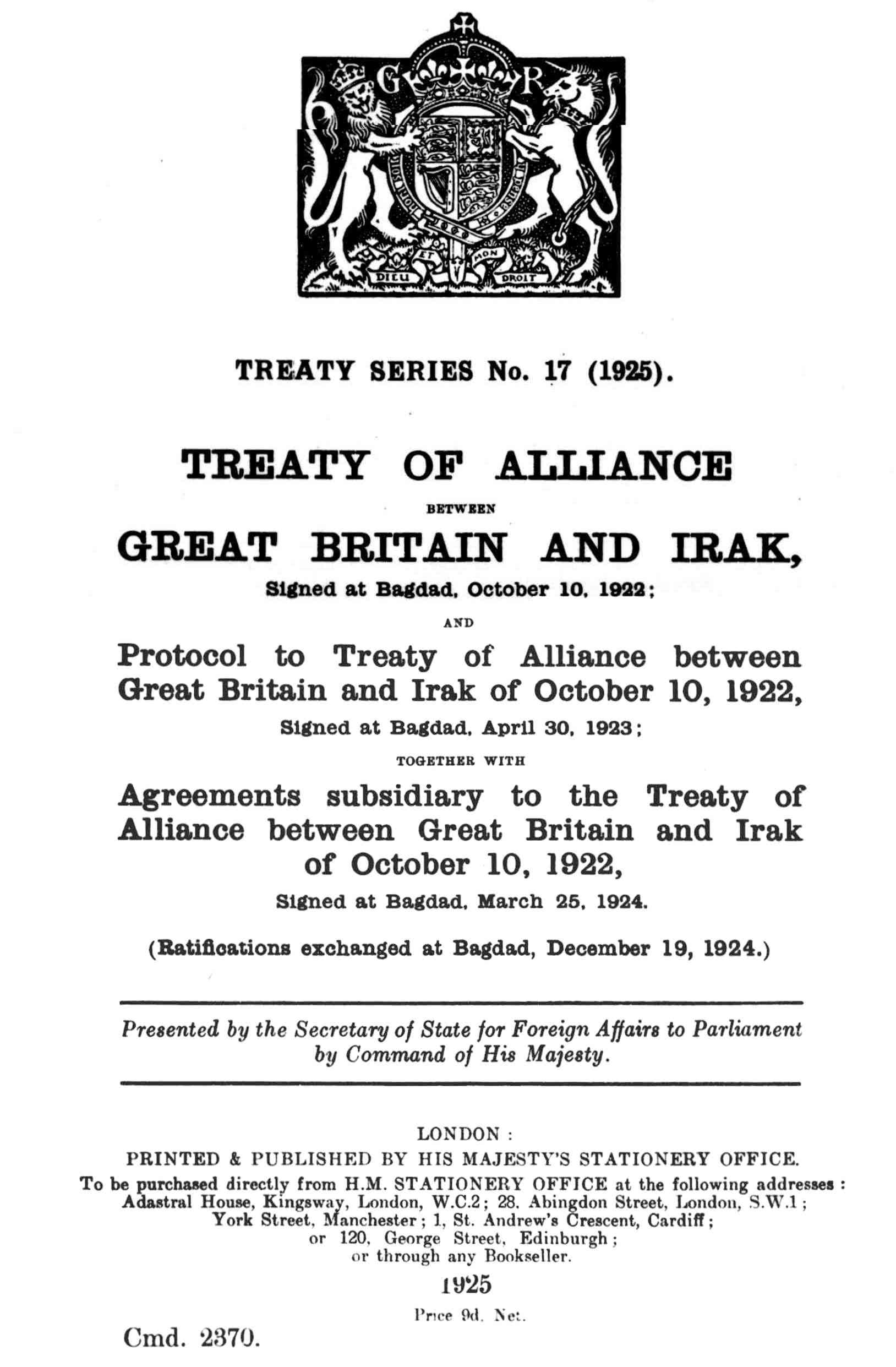
- 1925 Mosul granted by the League of Nations to Iraq.
- 1927 Kirkuk oil discovered.
Kirkuk Field is an oilfield in Kirkuk, Iraq. The Turkish Petroleum Company discovered it at Baba Gurgur in 1927. The oilfield was brought into production by the Iraq Petroleum Company (IPC) in 1934 when 12-inch pipelines from Kirkuk to Haifa and Tripoli (Lebanon) were completed.
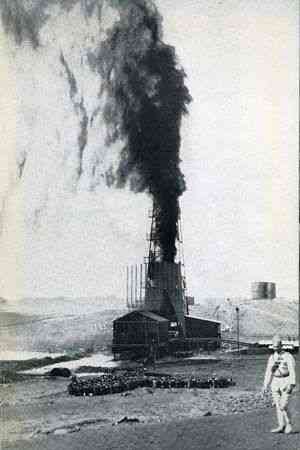
- 1929 Britain notifies Iraq of renegotiating treaties.
- 1930 A new treaty specifies Britain's interference in Iraqi affairs and is limited to foreign affairs and economic interests. Iraq ceded Britain's air bases.
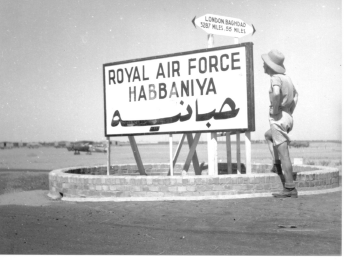
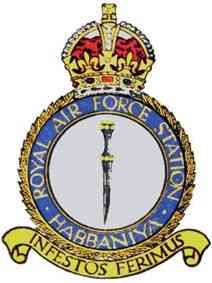
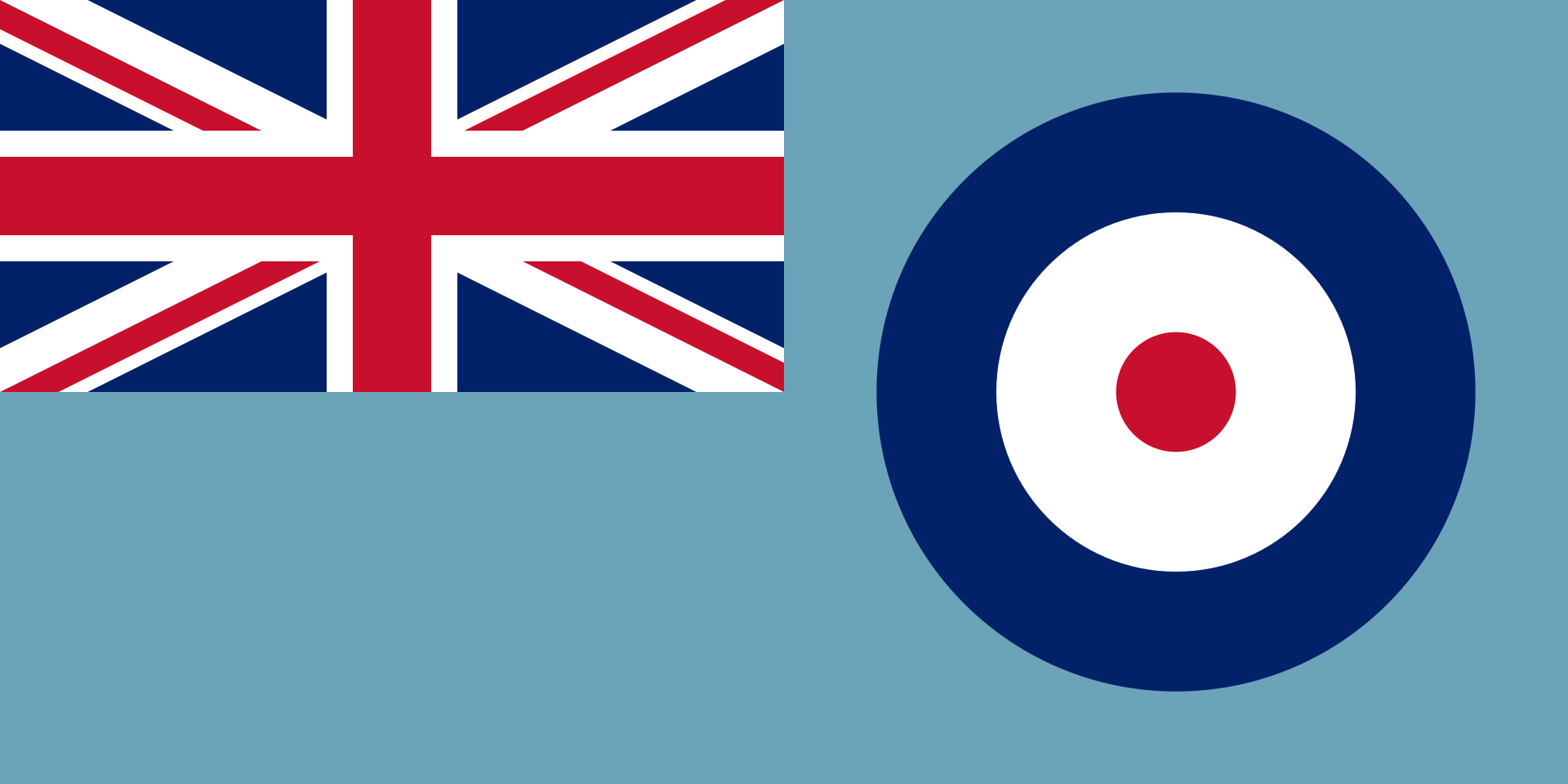
- 1932 Iraq accepted the League of Nations.
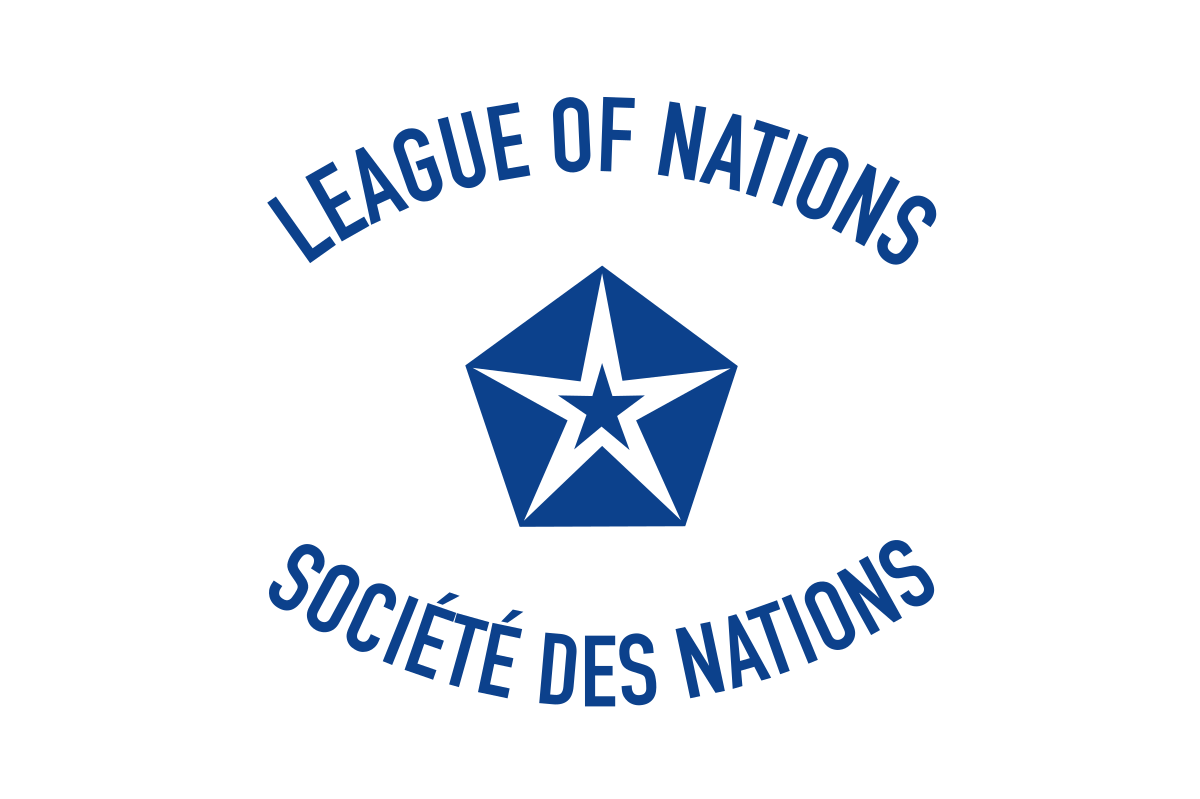
- 1933 The revolutionary uprising. (1935–1936 Iraqi Shia revolts)
1935 Rumaytha and Diwaniyya revolt consisted of a series of Shia tribal uprisings in the mid-Euphrates region against the Sunni dominated authority of the Kingdom of Iraq. In each revolution, the response of the Iraqi government was to use military force to crush the rebellions with little mercy. The administrative task of this forceful disciplining of the Shi'a tribes fell to General Bakr Sidqi – the same man responsible for the brutal massacre of Assyrians in 1933.
- 1934 Tribal Insurrections.
- 1935 The pipeline connects Kirkuk to the Mediterranean Sea.
- 1936 military coup.
The 1936 Iraqi coup d'état, also known as the Bakr Sidqi coup, was the first military coup in modern Iraq, initiated by general Bakr Sidqi to overthrow Prime Minister Yasin al-Hashimi.
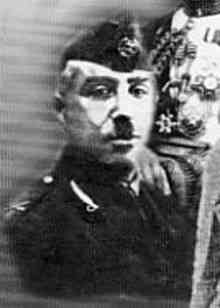
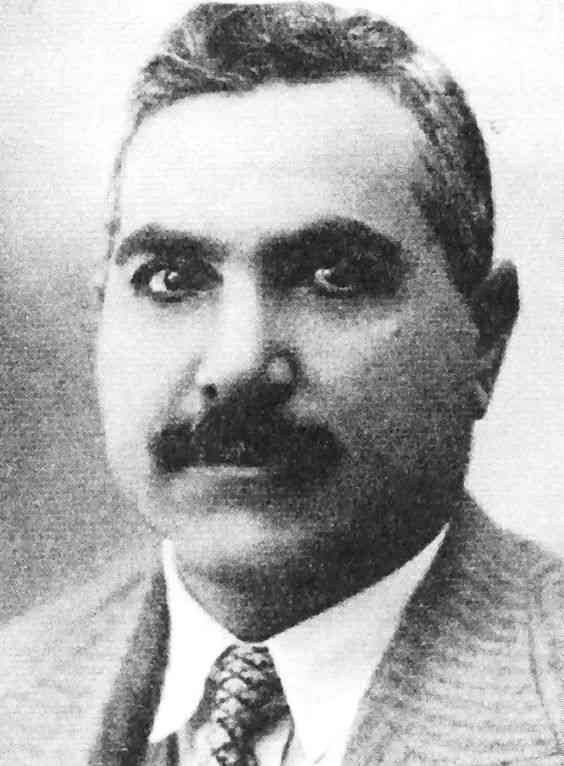
1942 Iraq was forced to declare war on Germany.
- 1945 Britain retracts direct rule.
- 1948 New treaty with Britain.
The Anglo-Iraqi Treaty of Portsmouth Treaty is a treaty between Iraq and the United Kingdom that was signed in Portsmouth, England on January 15, 1948. It was a revision of the English-Iraqi Treaty (1930).
After the Second World War, Britain found itself in a new situation in the Middle East and became an economic dependent of the United States. It was considering unique relations with the Middle East, especially Iraq. In that period, the weak and allied Iraqi government with Britain was seeking to maintain its distinguished ties with it. Britain worked to conclude a treaty that included many concessions in Iraq, Middle East, and after the resignation of the ministry of Arshad Al-Omari, he assigned the new department to Nuri Al-Saeed to open the way for Saleh Jabr, the only Shiite to receive a ministry in that period, to implement the policy drawn up by it.
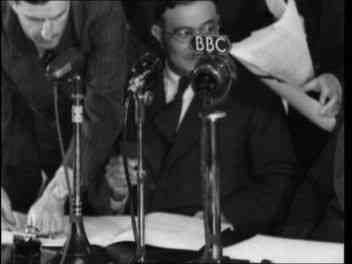
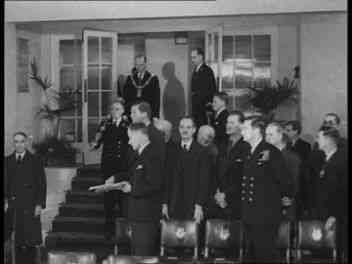
- Street demonstrations against the treaty and the establishment of Israel
- 1952 uprising, martial law imposed.
Iraq Uprising 1952: was a series of national strikes and violent protests against the ruling Hashemite monarchy and the Anglo-Iraqi Treaty. Inspired by the Egyptian Revolution and Iranian Prime Minister Mohammad Mosaddegh's nationalization of oil, the revolutionaries wanted to force Faisal II's abdication, transform the state into a republic, and assert Iraq's full independence from Britain by assuming control over its own foreign affairs.
- 1958 coup removes the Hashemite royal family.

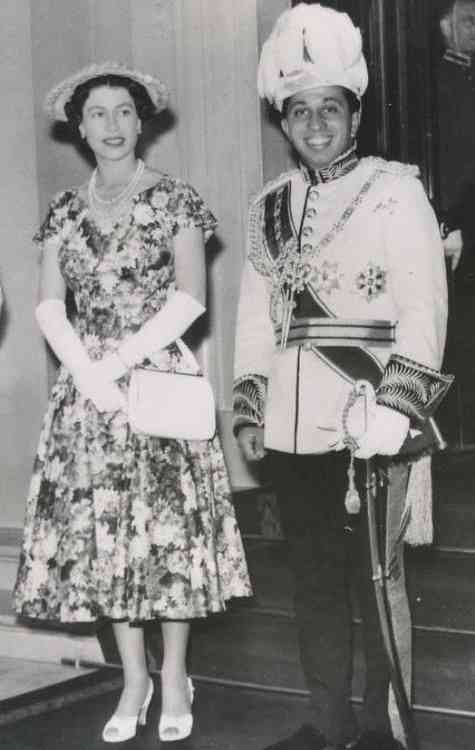

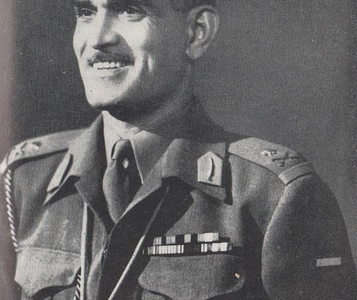
The names of the High Commissioner:
- Sir Arnold Talbot Wilson
January 10, 1919 - October 1, 1920
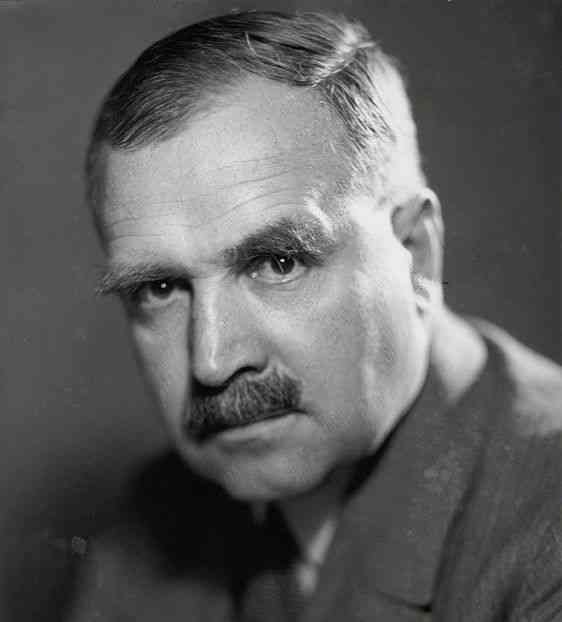
2. Sir Percy Zakaria Cox.
October 1, 1920 - May 4, 1923
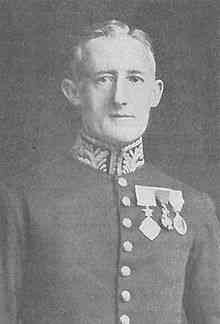
3. Sir Henry Robert Conway Dobbs.
May 4, 1923 - October 1928
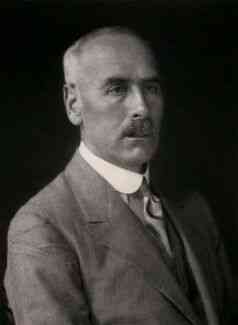
4. Sir Gilbert Falkingham Clayton.
October 1928 - September 11, 1929
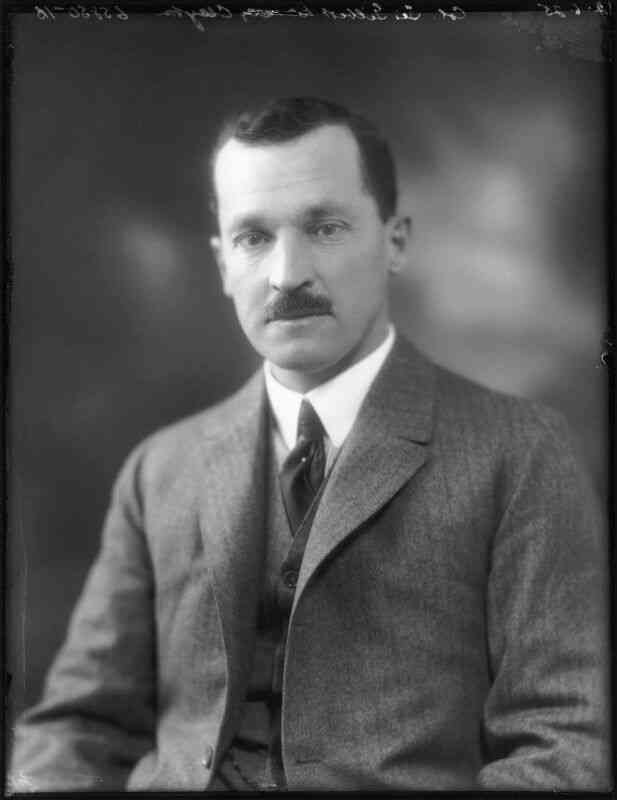
5. Sir Francis Henry Humphreys.
October 3, 1929 - October 3, 1932
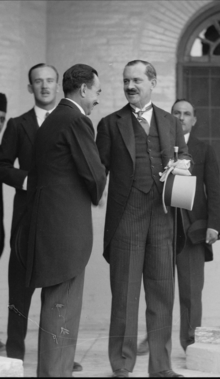
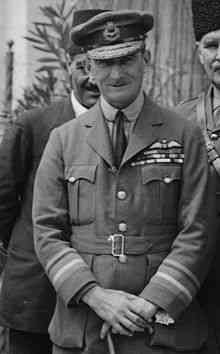
The pictures are British planes over the Rashid camp and aircraft on the ground of Al-Huneidy camp and the route of the telegraph cable coming from India through Bushehr and into Fao and from there to Baghdad .. and a map showing the flight line from Cairo to Baghdad.
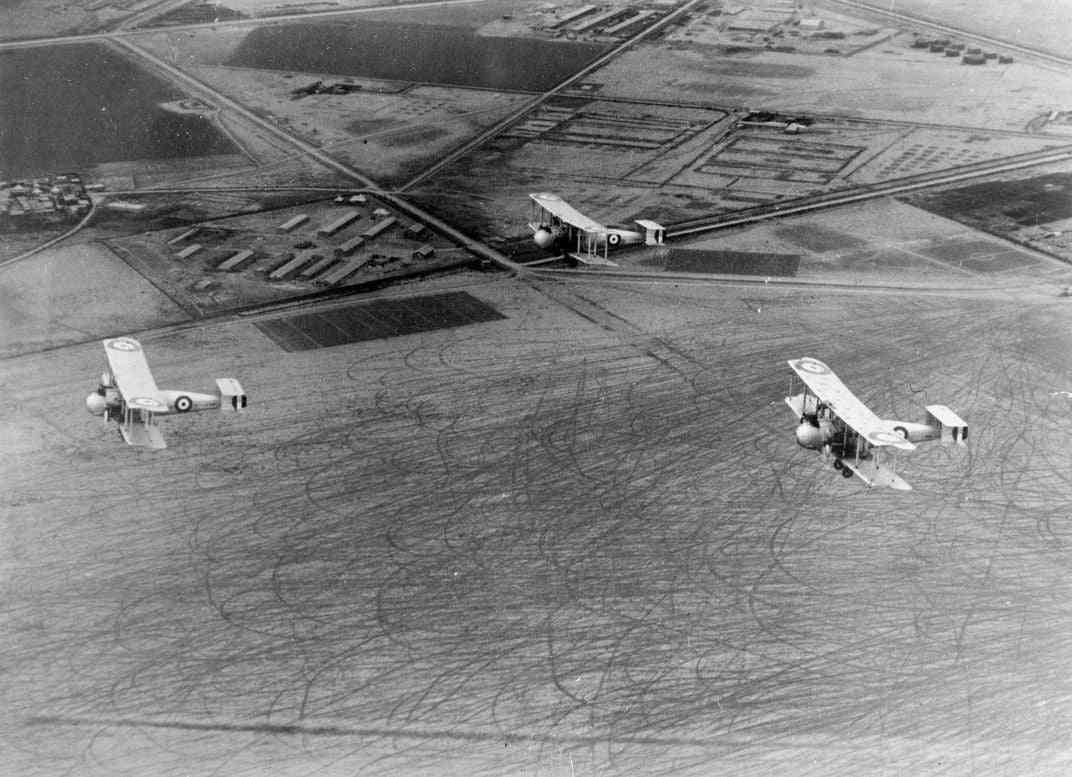
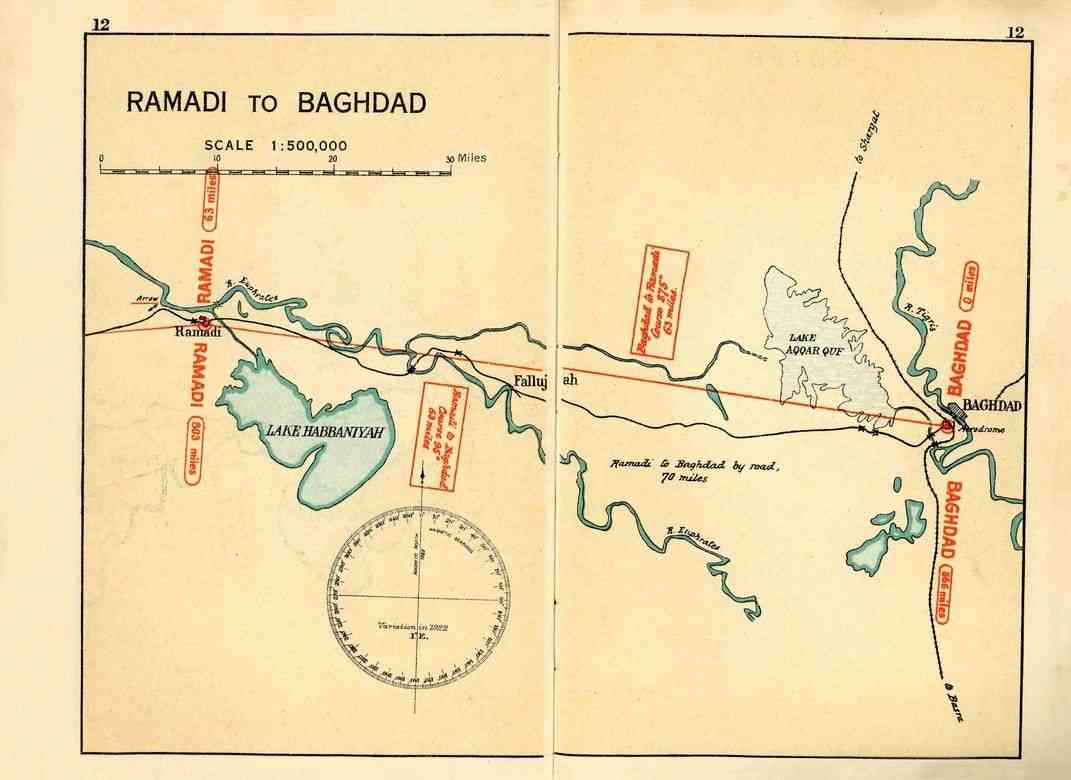
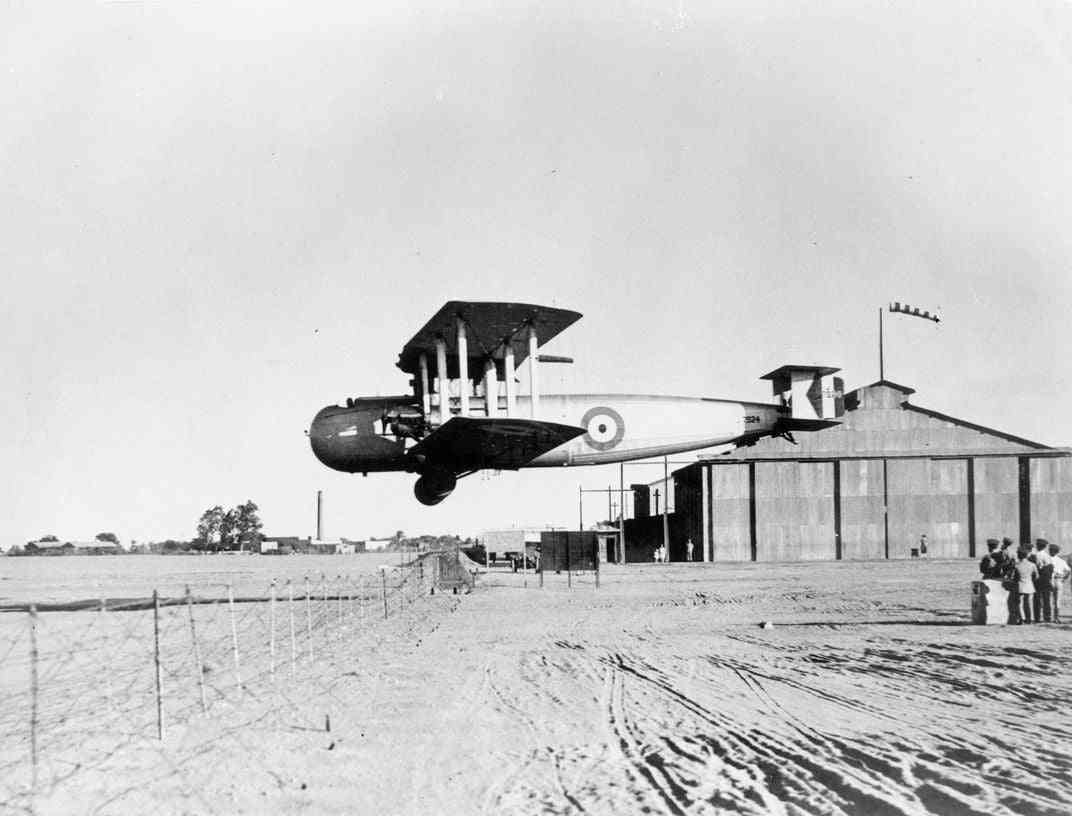
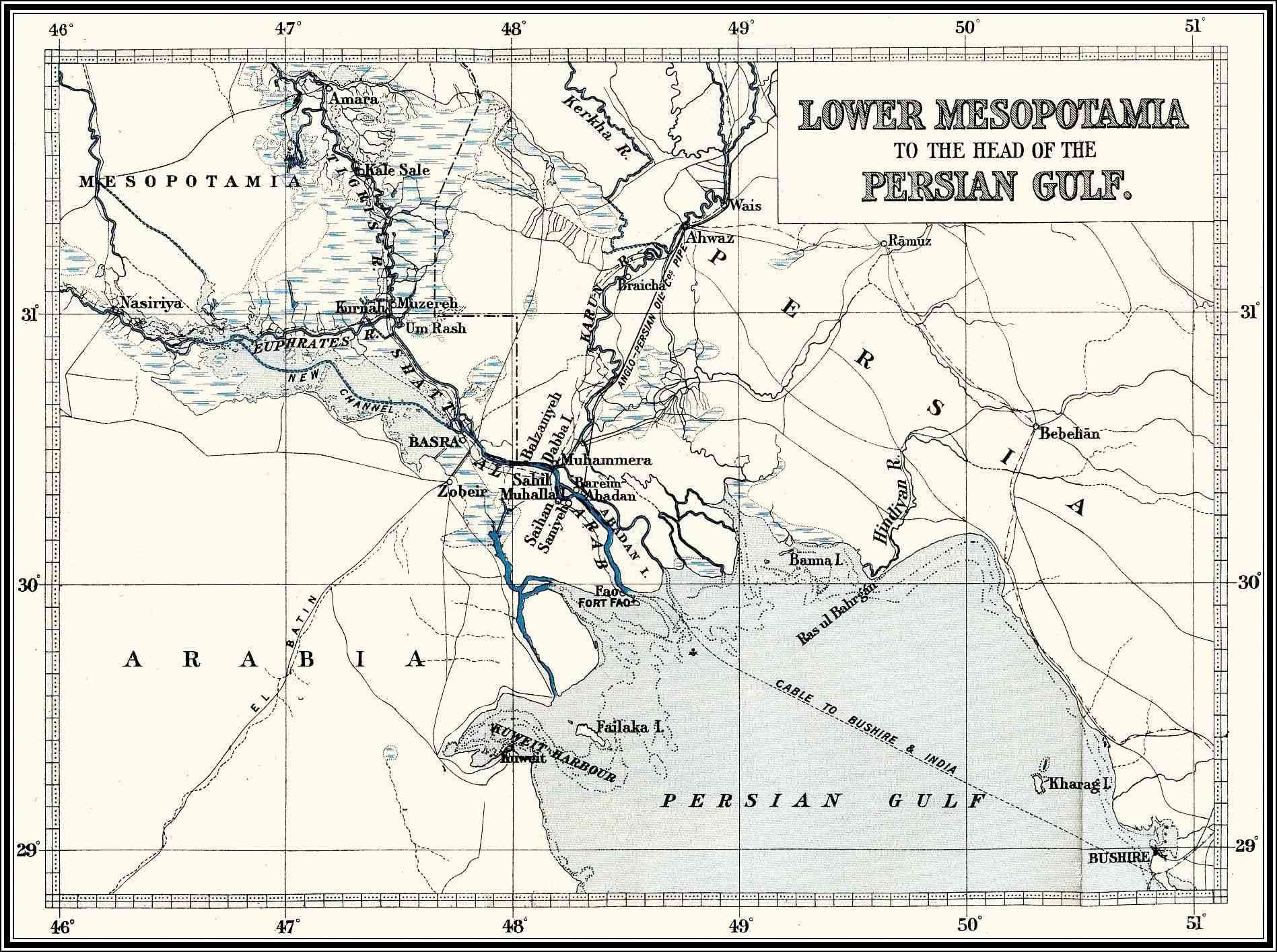
~EnRi
Subscribe to Utopia Educators to receive free regular updates.

